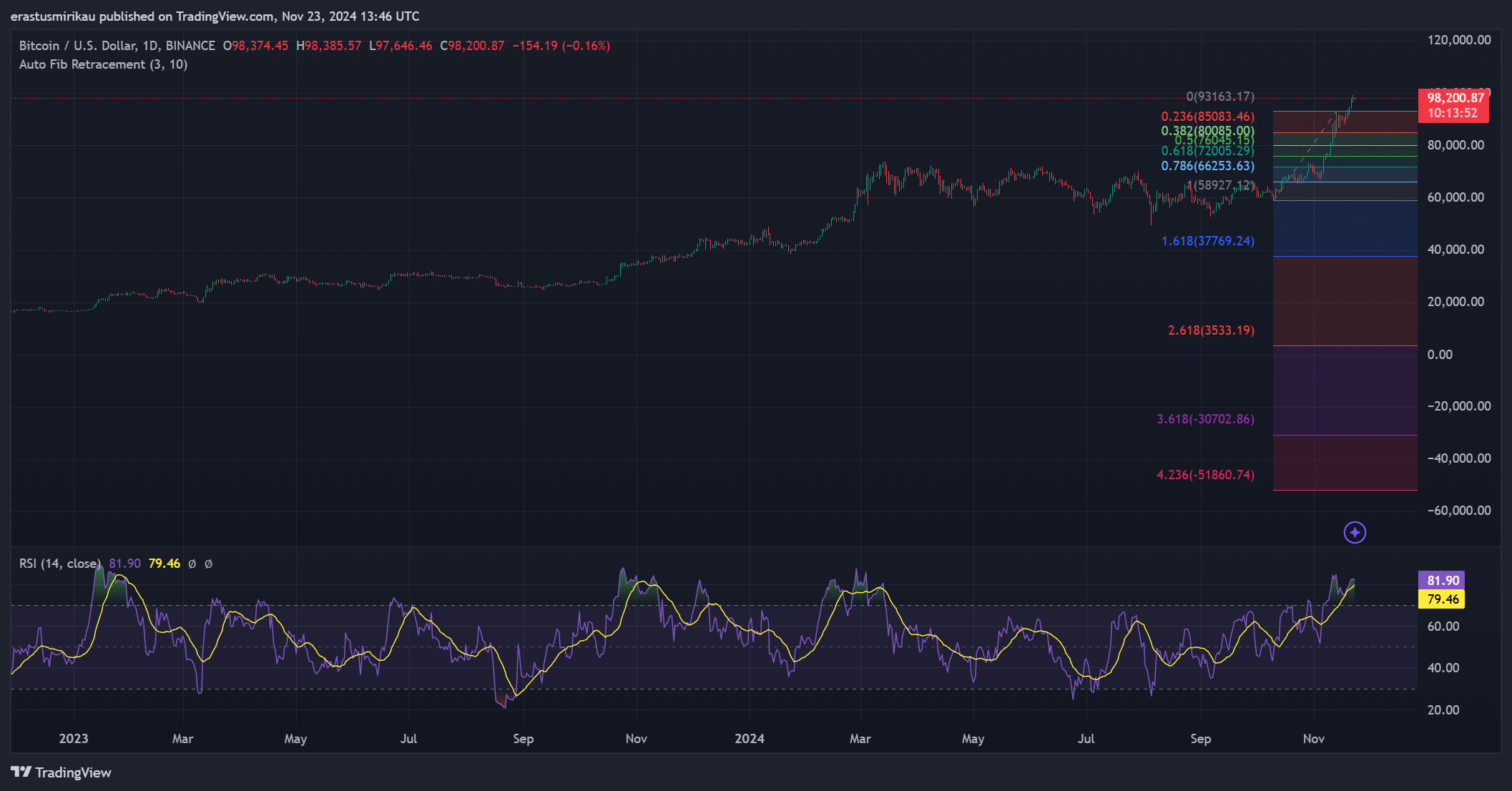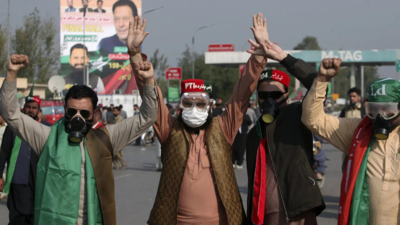In 1970, Martha Hodes was a 12-year-old girl flying home alone with her sister when their plane was hijacked by members of the Popular Front for the Liberation of Palestine. The plane was redirected to a Jordanian airstrip where it was joined by two other planes and the passengers were held hostage for six days before being released unharmed. Hodes was aware that the event was shocking and made headlines worldwide, however, her family rarely spoke about it. Decades later, Hodes became a historian at New York University, and has just published a book titled “My Hijacking.” The book is the story of the hijacking, but also explores the issues of trauma and memory, the relationship between our older and younger selves and the connection between personal experience and history. The book has won largely admiring reviews. However, when asked about the book, Hodes expresses a kind of cool, self-appraising distance. She didn’t start working on it until 15 years after the event when her agent, Wendy Strothman, asked about her next project. Initially, Hodes was curious about the event itself, which involved five planes in total. Her first research stop was the American Jewish Archives in Cincinnati, where she found the papers of another hostage who had interviewed Hodes and her sister for a scholarly article about the hijacking. She also combed the archives of the airline, the State Department and the International Red Cross, and immersed herself in newspaper and television coverage. Hodes also had to wrestle with how to tell the hijackers’ side of the story without interviewing anyone connected to the Popular Front. In the book, she revisits the position papers the hijackers had the hostages read and recalls the stories some told about being pushed out of their homes upon the founding of Israel and growing up in refugee camps.
An Infamous Hijacking, Revisited Through a Child’s Eyes














